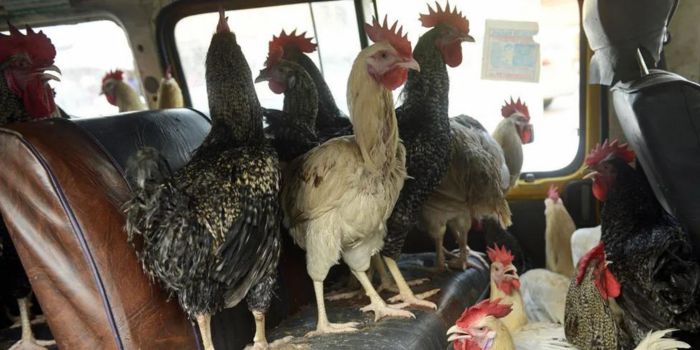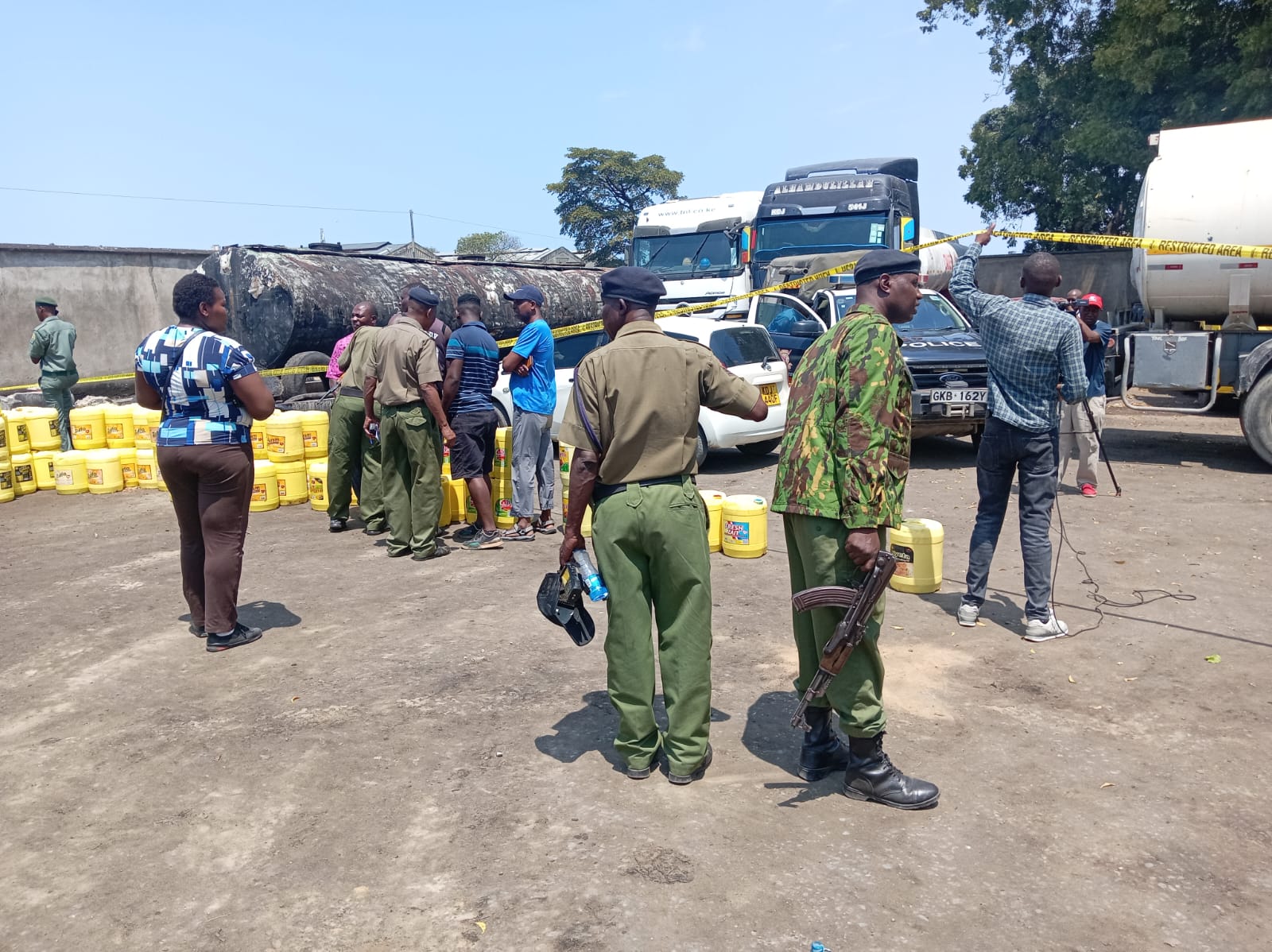Kenya, Tanzania resolve long-standing poultry export dispute

The global outbreak of highly pathogenic avian influenza in 2021 imposed a ban that severely impacted Kenya's poultry industry, hindering access to a vital market.
Tanzania and Kenya have successfully resolved a long-standing dispute over the export of poultry and poultry products between the two countries.
The talks occurred during a two-day consultative meeting at the East African Community (EAC) headquarters in Arusha, Tanzania, which concluded on Tuesday.
More To Read
- Kenyan manufacturer sues Tanzania at East Africa Court of Justice over "discriminatory" tax
- Goods moved within EAC are transfers, not imports or exports - KAM
- Eating wild meat carries serious health risks – Why it still happens along the Kenya-Tanzania border
- South Africa welcomes Tanzania’s lifting of agricultural import ban
- Kenya and Tanzania to launch cross-border electricity transmission line
- WHO accelerates development of mRNA vaccines for bird flu
The EAC released a statement, stating that the meeting brought together veterinary authorities from both countries to resolve the ban on the export of poultry and poultry products from Kenya to Tanzania.
The global outbreak of highly pathogenic avian influenza in 2021 imposed a ban that severely impacted Kenya's poultry industry, hindering access to a vital market.
Rabson Wanjala, the co-chair of the meeting from Kenya, who represented the Kenyan High Commissioner to Tanzania, emphasised the critical importance of trade between the two countries, highlighting the necessity for ongoing consultations to streamline and facilitate trade processes.
Benezeth Lutege Malinda, acting director of veterinary services in Tanzania's Ministry of Livestock and Fisheries, said the country is actively addressing trade obstacles by ensuring all agencies focus on resolving issues, particularly non-tariff barriers, that hinder trade.
"We remain committed to tackling these challenges and fostering an environment conducive to seamless trade between Kenya and Tanzania," he said.
Kenya has historically exported a significant number of poultry and poultry products to Tanzania, including day-old chicks, hatching eggs, parent stock, and processed items.
According to the agreement, Tanzania has not imposed a ban on Kenyan poultry and poultry products but has instead implemented sanitary and phytosanitary (SPS) measures in response to the global avian influenza outbreaks. These measures aim to safeguard animal and public health.
The two parties also agreed that trade in day-old chicks (DOCs) and hatching eggs will continue, with facilities demonstrating high biosecurity standards permitted to operate.
Any facility intending to export poultry products from Kenya to Tanzania, and vice versa, may undergo a risk assessment to ensure compliance with SPS measures.
The two countries are also committed to enhancing surveillance and capacity-building initiatives to ensure timely disease detection and reporting.
Small-scale poultry producers in both countries will also receive support to improve biosecurity measures, enhancing their export opportunities.
The two veterinary-competent authorities pledged to strengthen collaboration for swift issue resolution regarding SPS measures, recognising the importance of effective communication.
The agreement is a significant step forward in resolving the long-standing dispute over poultry trade between the two countries and is expected to boost their trade and economic relations.
Top Stories Today














































